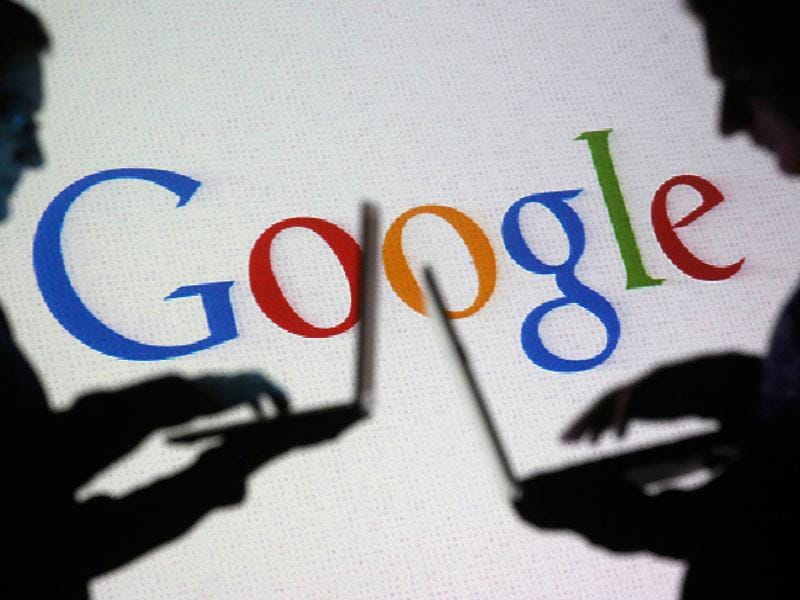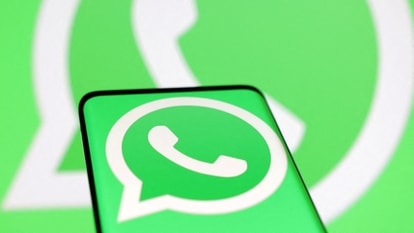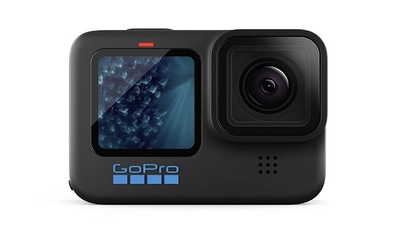5 things you must know about Google's transformation into Alphabet
Google’s surprise reorganisation has seen the creation of a new parent company, Alphabet Inc. What this means is Google as we know it – the search engine, Android, Google Maps and YouTube – will just be a subsidiary of Alphabet led by India-born Sundar Pichai.

Google's surprise reorganisation has seen the creation of a new parent company, Alphabet Inc. What this means is Google as we know it - the search engine, Android, Google Maps and YouTube - will just be a subsidiary of Alphabet led by India-born Sundar Pichai.
The move, announced by Google co-founder Larry Page in a blog post on Monday, appears aimed at separating the tech giant's moneymaking businesses from other ventures that have worried investors while still driving innovation.
Over the past few years, Google's been getting kind of bloated. In addition to its core search business, it added all sorts of products: Life Sciences, which works on a glucose-sensing contact lens, Calico, that wants to crack aging, and Nest, which it acquired to bolster its intelligent home products portfolio.
What is Alphabet?
In the words of Page: "Alphabet is mostly a collection of companies. The largest of which, of course, is Google. This newer Google is a bit slimmed down, with the companies that are pretty far afield of our main Internet products contained in Alphabet instead."
What are the companies under Alphabet?
Google: It will continue to include the search engine, ads, maps, apps, YouTube, the Android system and related technical infrastructure.
Life Sciences: Its work includes developing a glucose-sensing contact lens. Nest: It makes internet-connected smart home appliances. Google acquired Nest in 2014.
Calico: It is focused on research aimed at prolonging human life.Fiber: It is building high-speed broadband networks in several US cities.
Google X: It is the secretive special projects lab responsible for Google's self-driving car venture. It previously developed the controversial headset known as Glass and will now focus on new efforts like Project Wing, a drone delivery effort.
Alphabet will also oversee Google Ventures and Google Capital, two corporate investment entities that focus on early- and growth-stage start-ups.
Who will head Alphabet?
Page will be the CEO of Alphabet while his partner Sergey Brin will be its president. Chennai-born Pichai, the current vice-president who has worked on some of Google's best-known products, will be the CEO of Google.
Page has said Alphabet intends to have a strong CEO for each subsidiary.
Why is Google doing this?
The move is about putting Google's crazier, futuristic products in the forefront while keeping its traditional money-making businesses - like search, for instance - that fuel all this stuff in the background.
Page explained the reorganisation will help in getting more ambitious things done, empowering great entrepreneurs and companies to flourish, and improving the transparency and oversight of what Google is doing.
It's all part of a plan to be "cleaner and more accountable", according to the founders, and part of this has seen them "slim down" Google as a business, as well as appointing new CEOs as the company looks to create a clearer hierarchy.
What does it mean for users of Google products?
Unless you commute to work in a self-driving car or get your internet off floating balloons in the sky, you won't see any major changes in the Google products you use every day.
Search will still, well, search, Gmail will still read your email and serve you ads, YouTube will continue to buffer, Chrome will continue to crash, Android will sometimes lag if you open more than a couple of apps, and Google Now will continue being creepy.
If anything, a nimbler Google will mean more consumer-facing products and more cool stuff like Google Photos.
Read More:
Modi to Nadella and Tim Cook: All hail Google CEO Sundar Pichai
Catch all the Latest Tech News, Mobile News, Laptop News, Gaming news, Wearables News , How To News, also keep up with us on Whatsapp channel,Twitter, Facebook, Google News, and Instagram. For our latest videos, subscribe to our YouTube channel.


























